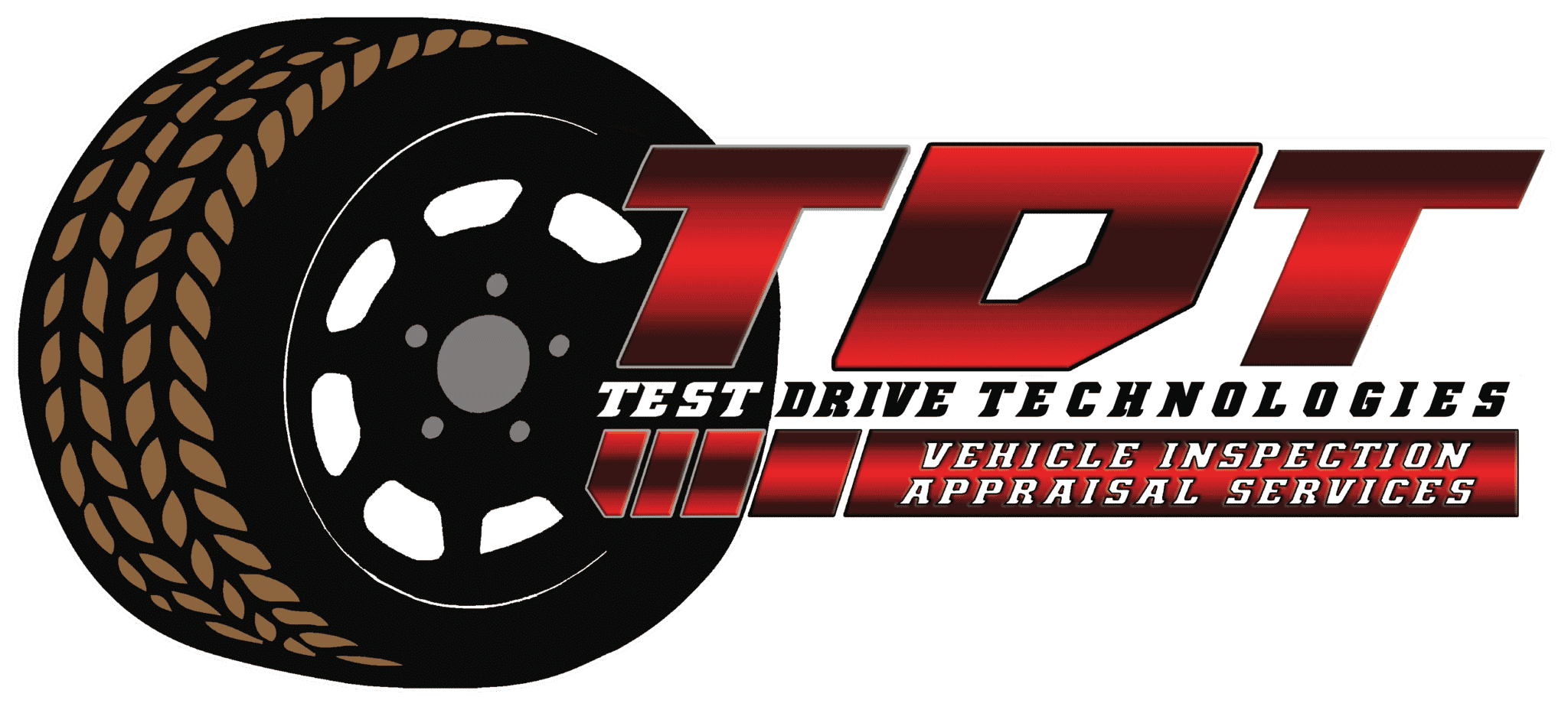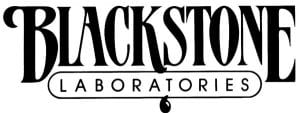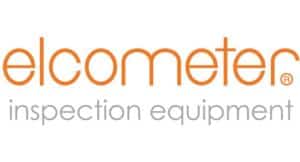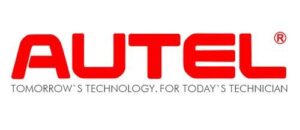Automobile misrepresentation occurs when false or misleading information is provided about a vehicle during the sale or transaction process. This deceptive practice can take various forms, including misrepresenting the vehicle’s condition, history, features, or ownership status. Whether you’re buying a new or used car, it’s crucial to be vigilant and aware of potential misrepresentation to avoid falling victim to fraudulent practices. It is important to understand that misrepresentation does not just occur in automobile transactions but also in RV, Camper, Motorhome, Semi-Trucks, Motorcycles and especially classic cars and collector cars. Here are some common examples of automobile misrepresentation and steps you can take to protect yourself against auto fraud:
False Vehicle History:
One of the most prevalent forms of automobile misrepresentation involves concealing or falsifying a vehicle’s history, such as hiding previous accidents, flood damage, or odometer tampering. Sellers may provide forged or altered vehicle history reports to mask these issues, leading buyers to believe they are purchasing a vehicle in better condition than it actually is.
Concealed Mechanical Issues:
Concealed mechanical issues pose a significant risk in automobile transactions, where sellers withhold or downplay known problems or defects with a vehicle. This deceptive practice can deceive buyers into believing the vehicle is in better condition than it actually is, leading to unexpected repair costs and safety concerns. Sellers may fail to disclose issues such as engine problems, transmission issues, or faulty brakes, presenting the vehicle as mechanically sound when it requires significant repairs or maintenance. To protect themselves, buyers should conduct thorough inspections of the vehicle, either independently or with the assistance of a trusted mechanic, to identify any hidden mechanical issues. Additionally, buyers should ask the seller detailed questions about the vehicle’s maintenance history and request documentation to support their claims.
Being wary of deals that seem too good to be true and seeking legal advice if suspicions arise can also help buyers avoid falling victim to concealed mechanical issues in automobile transactions. By exercising caution and diligence, buyers can mitigate the risks associated with undisclosed mechanical issues and make informed decisions when purchasing a vehicle.
Inaccurate Descriptions:
Automobile misrepresentation can also occur through inaccurate or exaggerated descriptions of the vehicle’s features, specifications, or performance. Sellers may inflate the vehicle’s capabilities or falsely advertise additional features or upgrades to attract buyers.
Inaccurate descriptions are a common tactic in automobile fraud, where sellers provide false or misleading information about a vehicle to deceive buyers. This deceptive practice can involve misrepresenting the vehicle’s condition, features, or history, including downplaying existing issues, exaggerating amenities, concealing past accidents or damage, providing false documentation, or tampering with the odometer. To protect themselves, buyers should conduct thorough inspections, verify documentation, ask questions, be skeptical of deals that seem too good to be true, and seek legal advice if they suspect fraud. By remaining vigilant and conducting due diligence, buyers can minimize the risk of falling victim to inaccurate descriptions in automobile fraud and make informed decisions that protect their interests and investment.
Undisclosed Salvage or Rebuilt Title:
Sellers may fail to disclose that a vehicle has a salvage or rebuilt title, indicating that it was previously declared a total loss by an insurance company. This omission can significantly impact the vehicle’s value and resale potential, leaving buyers with an unexpected financial burden and victims of automobile fraud.

Undisclosed salvage or rebuilt titles are a significant concern in automobile transactions, where sellers fail to disclose that a vehicle has been previously declared a total loss by an insurance company. This omission can drastically impact the vehicle’s value and resale potential, leaving buyers with unexpected financial burdens and safety risks. Sellers may conceal this information to deceive buyers into believing they are purchasing a vehicle with a clean title, masking potential issues such as extensive damage or inadequate repairs. To protect themselves, buyers should thoroughly research a vehicle’s history, obtain a vehicle history report, and have the vehicle inspected by a qualified mechanic or automotive expert. Additionally, buyers should be cautious of deals that seem too good to be true and seek legal advice if they suspect fraudulent practices. By exercising diligence and caution, buyers can mitigate the risks associated with undisclosed salvage or rebuilt titles and make informed decisions when purchasing a vehicle.
Forged Documentation:
In some cases, sellers may provide forged or counterfeit documentation, such as title certificates, maintenance records, or service histories, to mislead buyers about the vehicle’s background and ownership history.
To protect yourself from automobile misrepresentation, consider taking the following precautions:
Research the Vehicle:
Conduct thorough research on the vehicle’s history, including its VIN (Vehicle Identification Number), maintenance records, and any reported accidents or damage. Obtain a vehicle history report from a reputable provider to uncover any red flags.
Inspect the Vehicle:

Perform a comprehensive inspection of the vehicle, either personally or with the assistance of a qualified mechanic or automotive expert. Look for signs of damage, wear and tear, or mechanical issues that may indicate misrepresentation.
Ask Questions:
Don’t hesitate to ask the seller detailed questions about the vehicle’s history, condition, and features. Request documentation to support their claims and verify any information provided independently.
Be Wary of Deals That Seem Too Good to Be True:
Exercise caution when encountering deals that appear unusually favorable or significantly below market value. These may be indicative of hidden issues or fraudulent practices.
Seek Legal Advice:
If you suspect automobile misrepresentation or have been a victim of fraudulent practices, seek legal advice from an experienced attorney specializing in consumer protection laws. They can assess your situation, advise you on your rights, and help you pursue appropriate legal remedies.
By remaining vigilant, conducting thorough due diligence, and seeking legal guidance when necessary, you can minimize the risk of falling victim to automobile misrepresentation and make informed decisions when purchasing a vehicle. Remember, knowledge and caution are your best defenses against fraudulent practices in the automotive industry.
The information provided on this website does not, and is not intended to, constitute legal advice; instead, all information, content, and materials available on this site are for general informational purposes only. Information on this website may not constitute the most up-to-date legal or other information. This website contains links to other third-party websites. Such links are only for the convenience of the reader, user or browser; the ABA and its members do not recommend or endorse the contents of the third-party sites.
Readers of this website should contact their attorney to obtain advice with respect to any particular legal matter. No reader, user, or browser of this site should act or refrain from acting on the basis of information on this site without first seeking legal advice from counsel in the relevant jurisdiction. Only your individual attorney can provide assurances that the information contained herein – and your interpretation of it – is applicable or appropriate to your particular situation. Use of, and access to, this website or any of the links or resources contained within the site do not create an attorney-client relationship between the reader, user, or browser and website authors, contributors, contributing law firms, or committee members and their respective employers.
The views expressed at, or through, this site are those of the individual authors writing in their individual capacities only – not those of their respective employers, the ABA, or committee/task force as a whole. All liability with respect to actions taken or not taken based on the contents of this site are hereby expressly disclaimed. The content on this posting is provided “as is;” no representations are made that the content is error-free.
https://www.americanbar.org/groups/criminal_justice/disclaimer/






